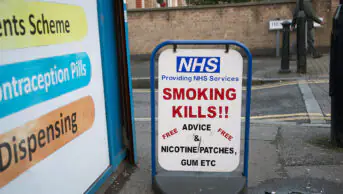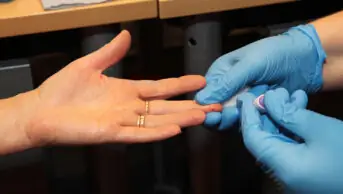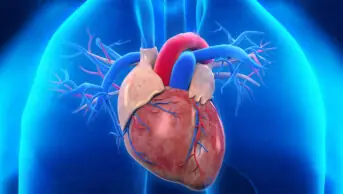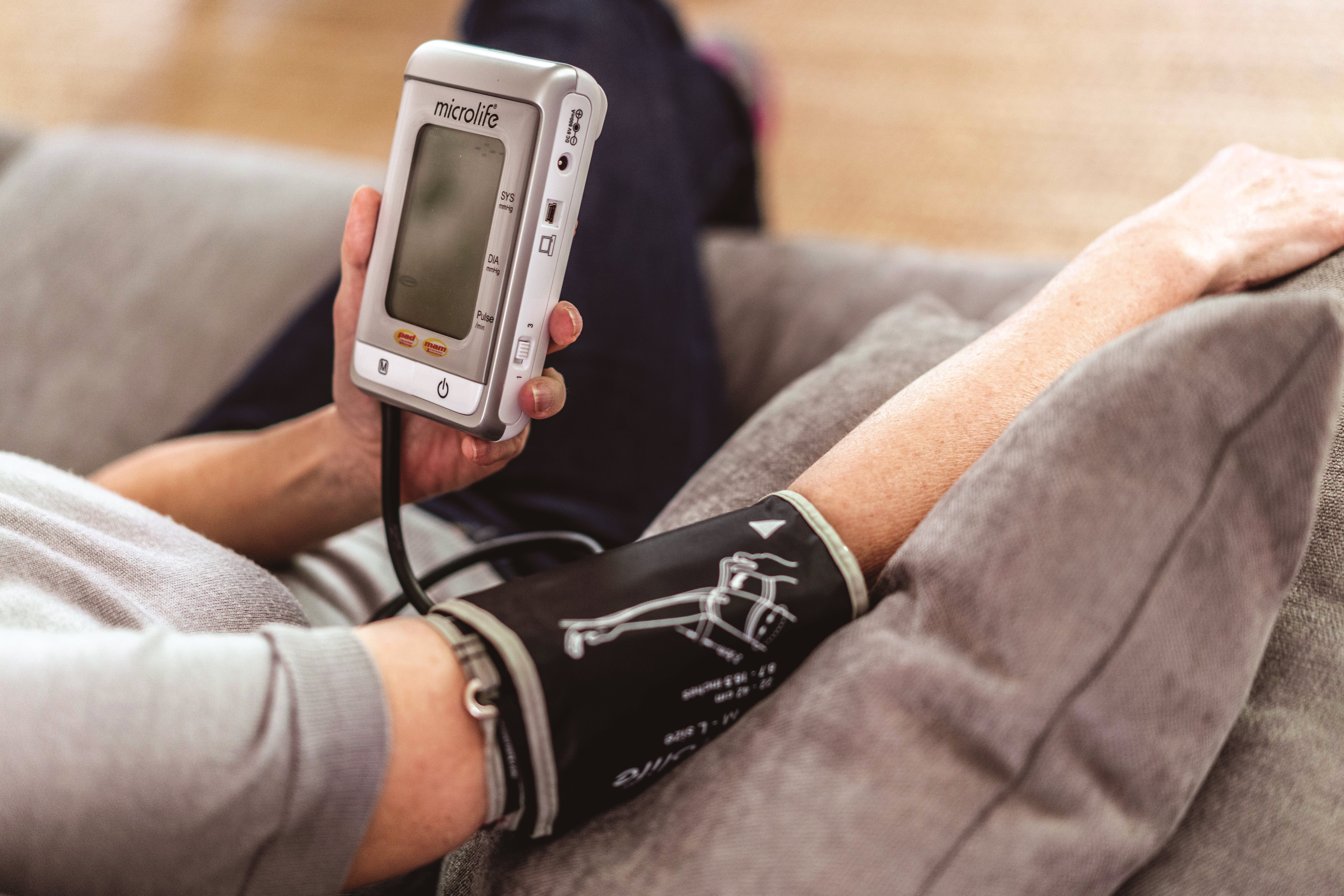
Garo / Phanie / Science Photo Library
Open access article
The Royal Pharmaceutical Society has made this article free to access in order to help healthcare professionals stay informed about an issue of national importance.
To learn more about coronavirus, please visit: https://www.rpharms.com/resources/pharmacy-guides/wuhan-novel-coronavirus
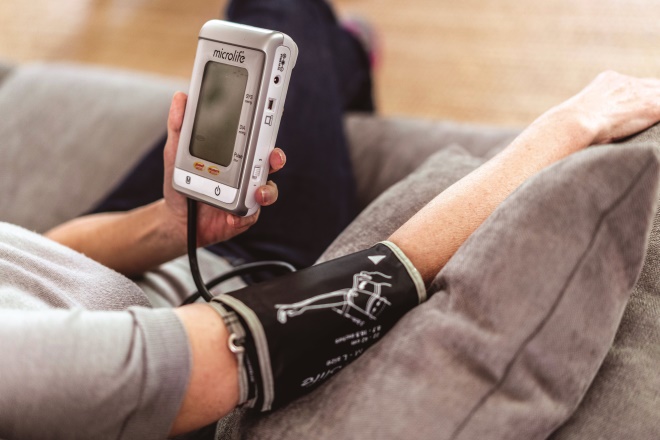
Source: Garo / Phanie / Science Photo Library
It would be reasonable to triage patients with COVID-19 according to the presence of underlying cardiovascular disease, such as hypertension or coronary heart disease, and evidence of myocardial injury, researchers have concluded
The development of myocardial injury in COVID-19 patients is associated with an increased risk of death, research published in JAMA Cardiology (27 March 2020) has shown[1]
.
The team looked at data from 187 patients with confirmed COVID-19 at a hospital in Wuhan, China, 43 (23.0%) of whom died.
Overall, 66 (35.3%) patients had underlying cardiovascular disease (CVD; hypertension, coronary heart disease or cardiomyopathy) and 52 (27.8%) patients had elevated troponin T (TnT) levels, indicating myocardial injury.
The data showed that COVID-19 patients with elevated TnT levels were more likely to die than those without (59.6% vs. 8.9%). Those with elevated TnT levels and underlying CVD had the highest mortality rate overall at 69.4%. The mortality rate was 13.3% in patients with underlying CVD and normal TnT levels, compared with 37.5% in those without underlying CVD and elevated TnT levels.
The researchers said the results suggested that prognosis was relatively favourable in those with CVD without myocardial injury. However, patients with elevated TnT could be prioritised for more intensive therapy.
“It is reasonable to triage patients with COVID-19 according to the presence of underlying CVD and evidence of myocardial injury for prioritised treatment and even more aggressive strategies,” they concluded.
References
[1] Guo T, Fan Y, Chen M et al. JAMA Cardiol 2020. doi: 10.1001/jamacardio.2020.1017
